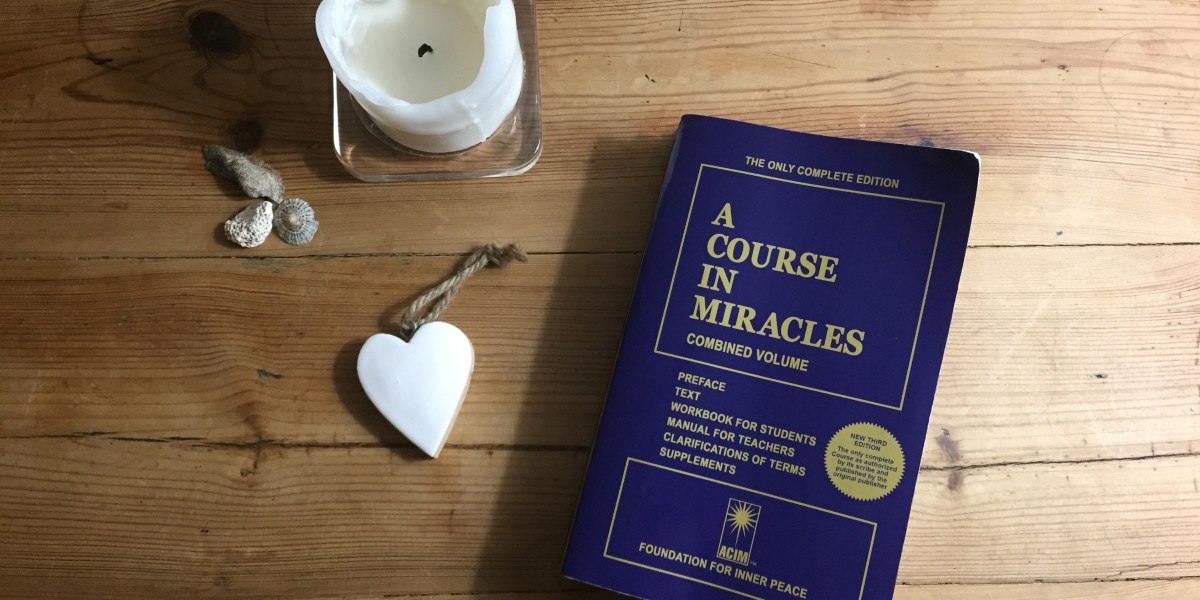5 It is necessary to understand what they are for, because their purpose is to make nonsense and attack the truth. 6 Here are the laws that govern the world you made. 7 And yet they do not rule anything and there is no need to break them; he just watched and moved on.
T-23.II.2. The first chaotic law is that truth is different for everyone. 2 Like all these principles, this one holds that everyone is separate and has a different set of ideas that differentiates them from others. 3 This principle develops from the belief that there is a hierarchy of illusions; some are more valuable and therefore true. 4 Each establishes it for himself and fills it with his attack on what the other values. 5 And this is justified because the values are different and those who hold them seem dissimilar and therefore enemies.
T-23.II.3. Think how this seems to violate the first principle of miracles. 2 For this establishes degrees of truth between illusions, so that some of them seem more difficult to overcome than others. 3 If they were found to be all the same and equally false, a course in miracles it would be easy to understand that miracles apply to all. 4 Errors of any kind can be corrected because they are not true. 5 When they are brought to the truth instead of each other, they just disappear. 6 No part of anything can be more resistant to truth than another.
T-23.II.4. The second law of chaos, which is truly dear to any sin-worshipper, is that everyone must sin and therefore deserves attack and death. 2 This principle, closely related to the first principle, is the requirement that wrongs call for punishment rather than redress. 3 For the perdition of him who errs puts him beyond correction and beyond forgiveness. 4 What he did is thus interpreted as an irrevocable judgment upon himself that God himself cannot overcome. 5 Sin cannot be forgiven because we believe that the Son of God can make mistakes for which his own destruction is inevitable.
T-23.II.5. Think what that seems to do to the relationship between the Father and the Son. 2 Now it seems they can never be One again. 3 For the one must always be condemned and the other. 4 Now they are different and enemies. 5 And their relationship is antithetical, just as the individual aspects of the Son meet only to conflict but not to unite. 6 One is weakened, the other is strengthened by his defeat. 7 And the fear of God and of one another now appears reasonable, accomplished by what the Son of God did to himself and to his Creator.
T-23.II.6. The arrogance behind the laws of chaos could not be more apparent than it is here. 2 Here is a principle that would define what the Creator of reality must be; what they must think and believe; and how they must react when they believe it. 3 He does not even consider it necessary to be questioned about the truth of what has been established for His faith. 4 His Son can tell him, and he has only the choice to take it at his word or be wrong. 5 This leads directly to the third absurd belief, which seems to make chaos eternal. 6 For if God cannot err, he must accept the faith of his Son in what he is, and hate him for it.








